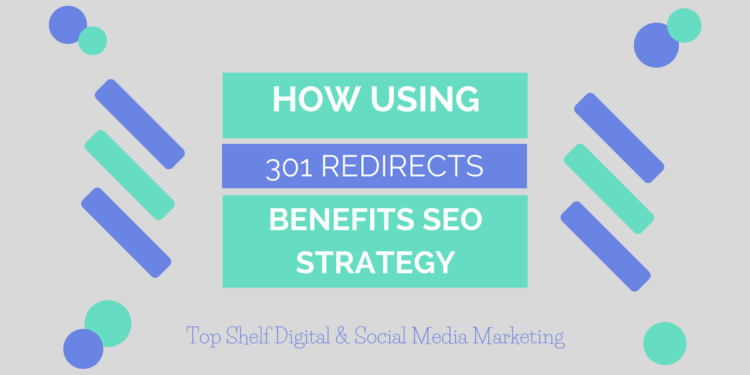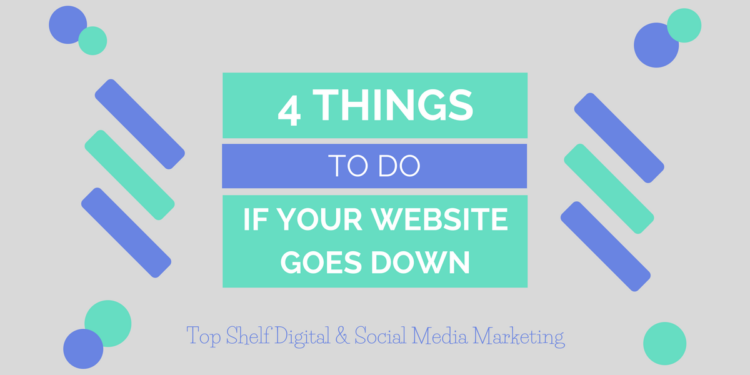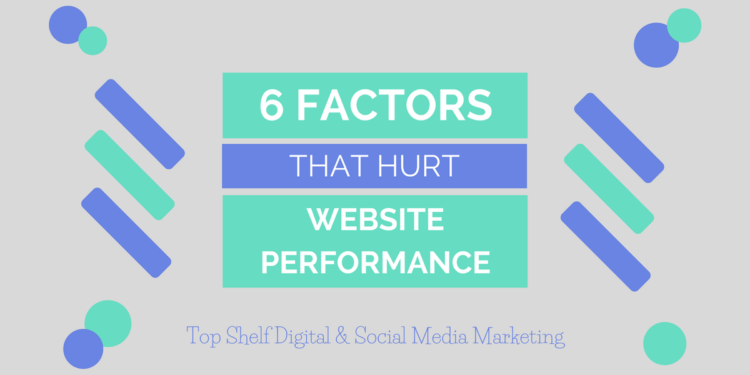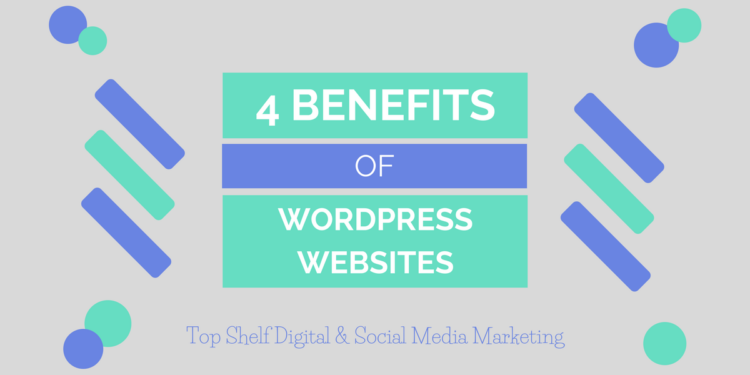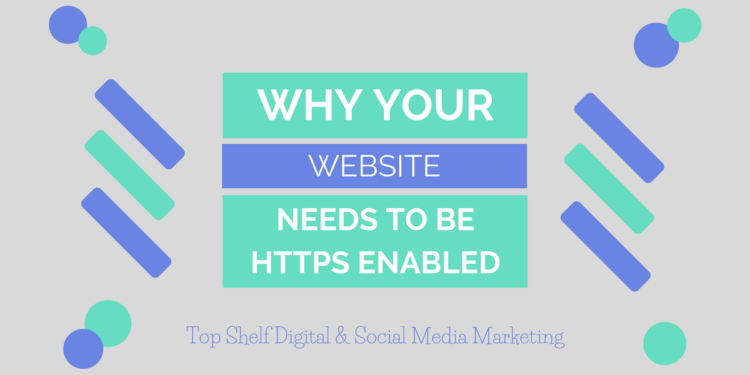There are several types of URL redirects, but this post focuses on 301 redirects. They are part of a strong SEO strategy and communicate to search engines the content on a page has “Moved Permanently” to another location. Continue reading When To Use 301 Redirects
4 Website Management Tips if Your Website is Down
Several weeks ago we found ourselves in an embarrassing website management situation – the Top Shelf website was down. Chrome users were seeing an off-putting warning that the Top Shelf site was not secure instead of our home page. A potential customer alerted us to the situation, which wasn’t ideal. Luckily we quickly identified the issue’s source: a failed auto-renew of our SSL certificate. Continue reading 4 Website Management Tips if Your Website is Down
6 Website Development Factors that Hurt Performance
Website development is among the more technical aspects of digital marketing. One of the biggest fears associated with web development is spending valuable resources launching a shiny new website that underperforms. Sometimes outside factors impact goals, but often the barriers to success are borne from failures in the web development process. Here are six website development factors that can mean the difference between a homerun and a strikeout. Continue reading 6 Website Development Factors that Hurt Performance
4 Benefits of WordPress Websites
 As a full-service digital marketing partner, we work with websites using a variety of platforms from WordPress to ASP.NET. When it comes to making development recommendations, 9.5 times out of 10 we strongly encourage prospective clients to use WordPress. Continue reading 4 Benefits of WordPress Websites
As a full-service digital marketing partner, we work with websites using a variety of platforms from WordPress to ASP.NET. When it comes to making development recommendations, 9.5 times out of 10 we strongly encourage prospective clients to use WordPress. Continue reading 4 Benefits of WordPress Websites
Why Your Website Needs HTTPS
You’ve probably heard the growing buzz around HTTPS and SSL. What you may be less familiar with is how important it is to your website. In October 2017, Google will display security warnings in the address bar of sites that collect user information without HTTPS. If you have any fill in content at all – newsletter sign up, contact form, etc. – this applies to your website. Continue reading Why Your Website Needs HTTPS
Why Infinite Scrolling Sites Aren’t Good for SEO

One of our least favorite website designs is the infinite scroll sites that seem to have popped in around the web over the past couple of years. They lack organization, can be disorienting for viewers and often have several short blurbs of text.
Continue reading Why Infinite Scrolling Sites Aren’t Good for SEO
What Does Mobilegeddon Mean for Your Business?
Beginning on Tuesday, April 21, Google updated its search algorithm to give mobile-friendly websites preference over non-mobile-friendly websites in the search engine results pages (SERPs).
While many small businesses are scrambling to execute responsive website designs, it’s important to put the change into perspective. Continue reading What Does Mobilegeddon Mean for Your Business?
Google’s New Linking Guidelines
I am incredibly lucky to have connected with a great Search Engine Optimization (SEO) company, Search Optimizers. The Account Manager I work with is incredibly diligent about keeping his clients updated on the newest algorithm changes impacting search. He recently sent me an email with the following information: Continue reading Google’s New Linking Guidelines
5 Ways Small Businesses Can Boost Their Google Analytics
There has been a lot of talk about how Google’s Hummingbird algorithm had changed Google Analytics over the last several months. I can find a lot of high level conversations between industry gurus, but there hasn’t been a whole lot of basic nuts and bolts that is easily understood by laypeople. In fact, a friend of mine asked me just the other day if I could explain SEO and Google Analytics. Continue reading 5 Ways Small Businesses Can Boost Their Google Analytics
Creating a Successful Website
Seth Godin has a pretty great formula for putting together a successful website.
I wish I had his blog post, Q&A: What works for websites today?, to refer to when I was designing a website eighteen months ago.
It’s really hard to juggle the aesthetics and the expectations of the client but what marketing professionals know is that our personal investment (and that of the brand) doesn’t mean a thing.
What matters is what the people who visit your website think, and ultimately if you build a user-friendly site with rich, useful content you’ll find success.

